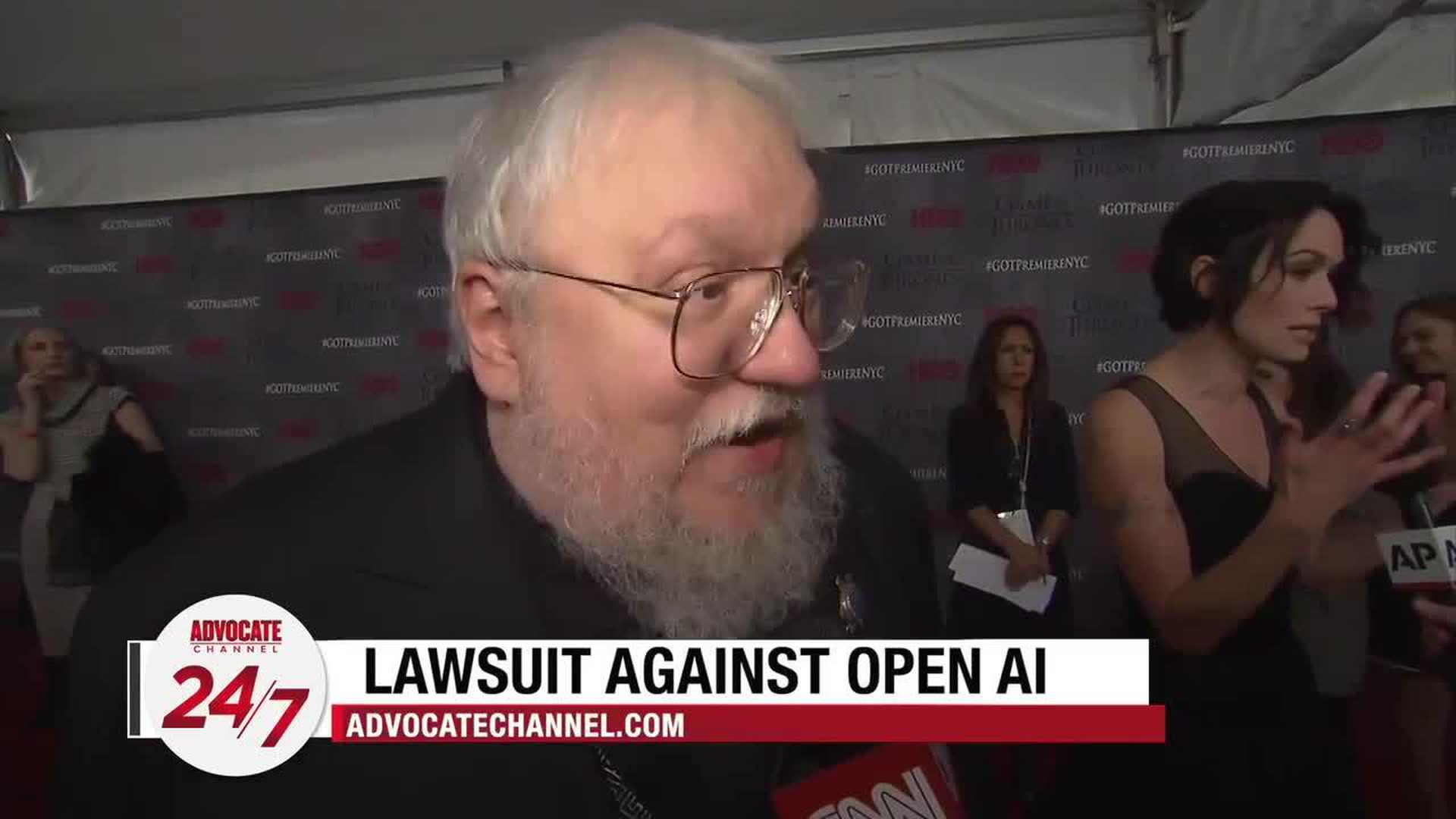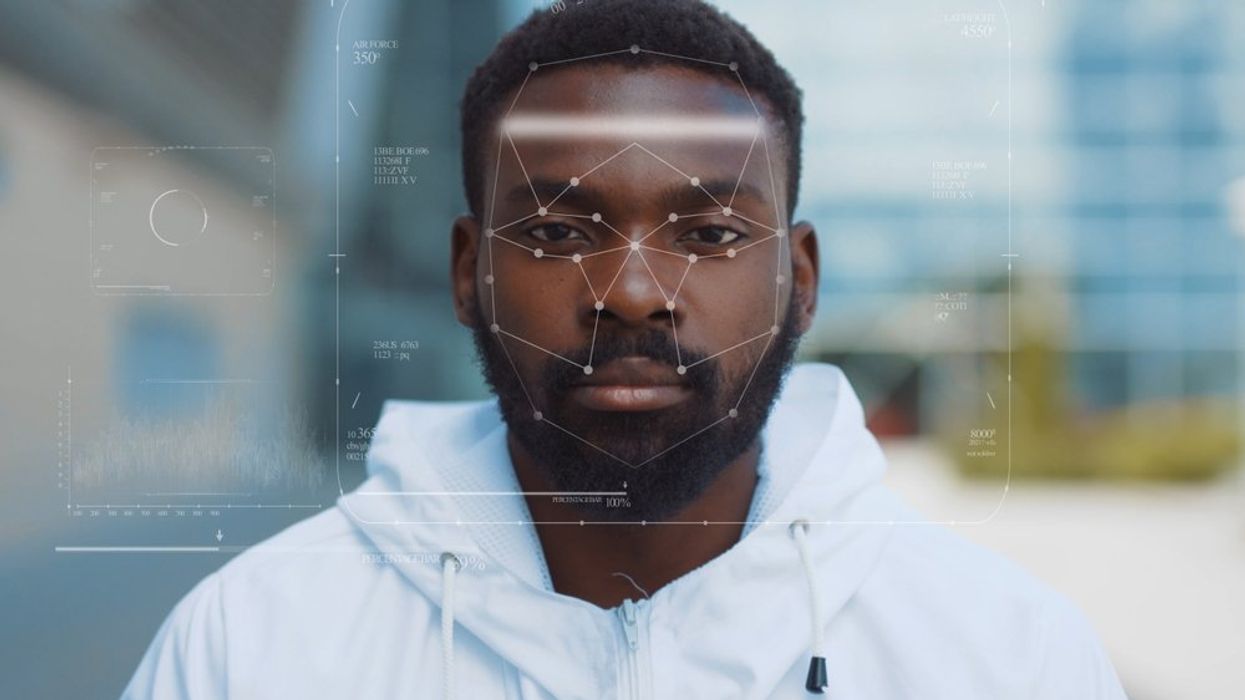Randal Quran Reid was pulled over and arrested while driving to his mother’s home on Thanksgiving last year.
He was informed that he was wanted for crimes in Louisiana before being taken to jail. Quran spent several days in jail while trying to figure out how he was a suspect in a state he had never been to.
“I was confused and I was angry because I didn’t know what was going on,” Quran told The AP. “They couldn’t give me any information outside of, ‘you’ve got to wait for Louisiana to come take you,’ and there was no timeline on that.”
Quran’s family hired an attorney in Louisiana, who presented photos and videos of Quran to the sheriff’s office which showed that the person in the surveillance footage was considerably heavier and did not have a mole like Quran’s. The sheriff’s office requested that the judge withdraw the warrant and Quran was released from Georgia's DeKalb County six days after his arrest.
A lawsuit filed this month by Quran blames the misuse of facial recognition technology by a sheriff’s detective in Jefferson Parish, Louisiana for the incident.
The 29-year-old is a part of at least five Black plaintiffs who have filed lawsuits against law enforcement in recent years, claiming they were wrongly arrested after being misidentified by facial recognition technology. Critics argue that the technology results in a higher misidentification rate of people of color than of white people, and some states and cities have limited its use.
Famous authors sue OpenAI

Quran’s lawsuit, which was filed Sept. 8 in federal court in Atlanta, names Jefferson Parish Sheriff Joseph Lopinto and detective Andrew Bartholomew as defendants.
The suit accuses Batholomew of false arrest, malicious prosecution, and negligence. As for Lopinto, the suit claims he failed to implement adequate policies around the use of facial recognition technology and is therefore liable as well.
The lawsuit stated Bartholomew obtained an arrest warrant for Reid based solely on surveillance video and a match generated by facial recognition technology, following a stolen credit card being used to buy two purses for more than $8,000 from a consignment store outside New Orleans in June 2022.
“Bartholomew did not conduct even a basic search into Mr. Reid, which could have revealed that Mr. Reid was in Georgia when the theft occurred,” the lawsuit said.
According to Quran’s lawsuit, however, in the affidavit seeking the warrant Batholomew cited still photos from surveillance videos, but did not mention any use of facial recognition technology.
Almost a year later Quran is haunted by the experience and is left wondering what would have happened if he didn’t have money for an attorney.
“Every time I see police in my rearview mirror,” he continued. “It just flashes back my mind to what could have happened even though I hadn’t done anything.”

















































